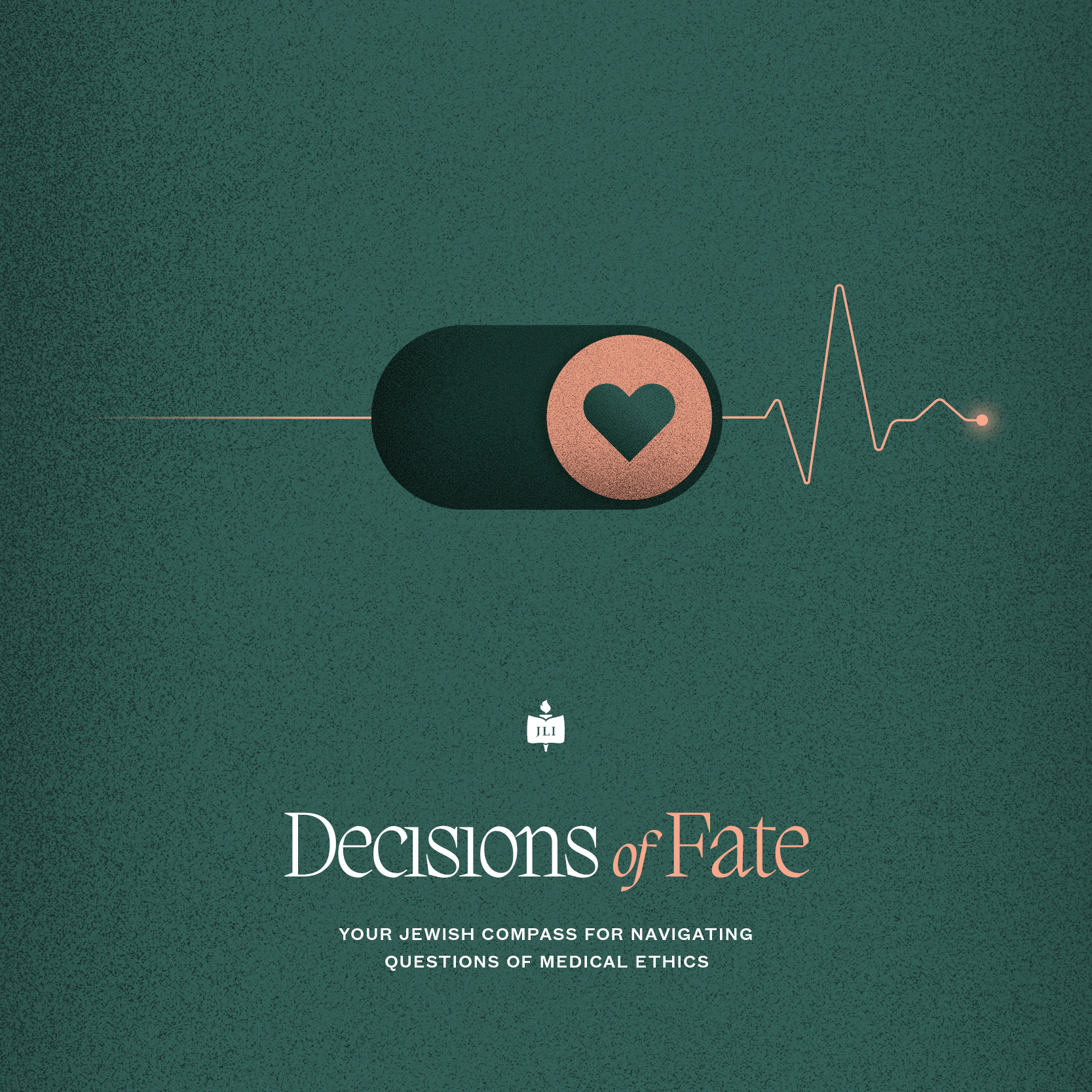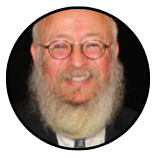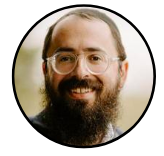
Decisions of Fate: Your Jewish Compass for Navigating Questions of Medical Ethics
Explore the guiding Jewish values that help inform choices on common medical questions. This course will equip students with the tools to chart a path through four areas of medical ethics: experimental treatments, extending life, pregnancy questions, and caring for a body. Gain an enriching perspective on how the Jewish ethical tradition helps us confidently navigate fateful decisions.

4 WEDNESDAY AFTERNOONS
12:00PM - 1:15 PM
May 15th - June 5th
This option is being offered on ZOOM

4 WEDNESDAY EVENINGS
7:00PM - 8:30PM
This option is being offered IN-PERSON
LOCATION
Chabad Center for Jewish Life & Learning
14535 Blanco Rd. 78216
Course Overview
Lesson 1
What is Judaism’s overall attitude toward healing? How far may we go in our attempt to
heal or seek a cure? What degree of risk is acceptable in such pursuits?
This lesson clarifies that our quests for cures are fully compatible with faith in G-d, and that
Judaism mandates health precautions and care as a religious obligation.
The lesson then addresses the question of taking immediate risks to life in the pursuit of
long-term healing. In principle, Jewish law endorses taking risks where there is the chance of
long-term healing, but views vary widely regarding the precise parameters of what level of
risk is tolerable, and what circumstances are considered dire enough to justify such measures.
Lesson 2
Is assisted suicide a legitimate course of action for an individual who endures tremendous
suffering? What form of medical care should be provided to terminally ill patients?
This lesson establishes the fundamental Jewish belief that human life is sacred, and that
each moment of life pulsates with spiritual purpose and potential beyond its scientific
measure. Jewish law prohibits assisted suicide and any act that directly invites death. At
the same time, the Jewish approach also seeks to ameliorate pain and suffering, and points
to instances in which we have no halachic obligation to administer certain treatments to
terminally ill patients. This lesson provides practical spiritual tools for those facing end-of-life hardships, and
guidance on supplying advance medical directives to ensure a patient receives treatment
that accords with their moral and religious beliefs.
Lesson 3
Does Judaism consider a fetus a living being? Under what conditions might Jewish law
sanction an abortion?
This lesson discusses the Jewish belief that a fetus possesses a soul, and analyzes the
disagreement between authorities of Jewish law as to whether the soul’s presence imbues a
fetus with a status similar to an already-born human. There is consensus among all authorities
that an abortion is considered a grave measure, and under typical circumstances it is a
strictly prohibited act. On the other hand, when a mother’s life is endangered by her fetus,
abortion can even become an absolute halachic obligation. The lesson discusses halachic
views that permit abortion in additional extreme circumstances.
Lesson 4
Judaism famously lends significant sanctity to human life, but what does it say about a human
corpse? Does the sanctity persist after death? Is it permissible to donate a body to science?
This lesson explores the Jewish principle that the human body is sacred in life and also in
death. Judaism teaches that both body and soul are delivered to a person as divine deposits,
and that when G-d reclaims an individual’s breath of life, we are expected to return their body
to the soil (from which humans were originally formed) as complete as possible, and without
undue delay. Jewish law mandates that a human cadaver be treated with utmost dignity
and respect after death, and—subject to certain limited exceptions—generally prohibits
autopsies. Donating a body to science denies the body burial, and is similarly proscribed.
CHABAD CENTER
SAN ANTONIO, 78216
United States
| 12:00pm- 1:15pm virtually w/ Rabbi Chaim Block | How many are you joining? | |
| Just me | $99.00 |
| Two of us | $185.00 |
| 7:00pm- 8:30pm in person w/ Rabbi Levi Teldon | How many are you coming? | |
| Just me | $99.00 |
| Two of us | $185.00 |
| Donation (optional): |

